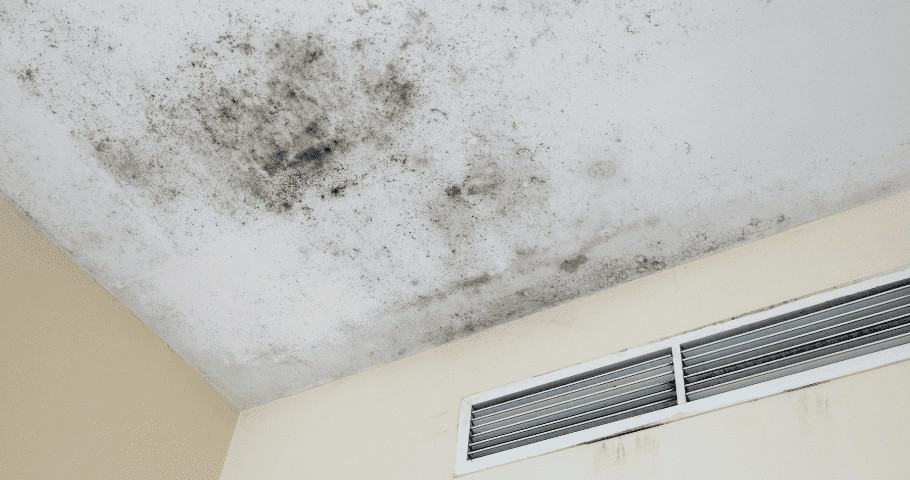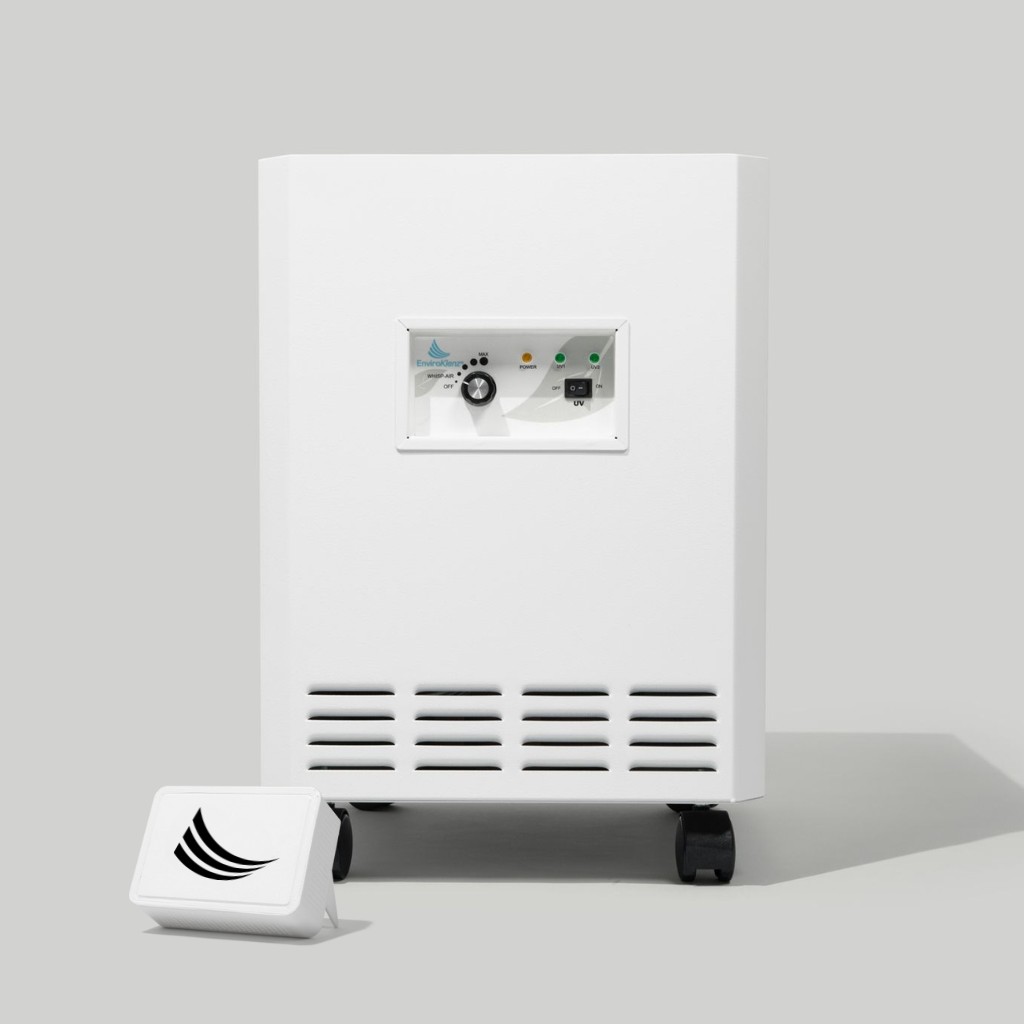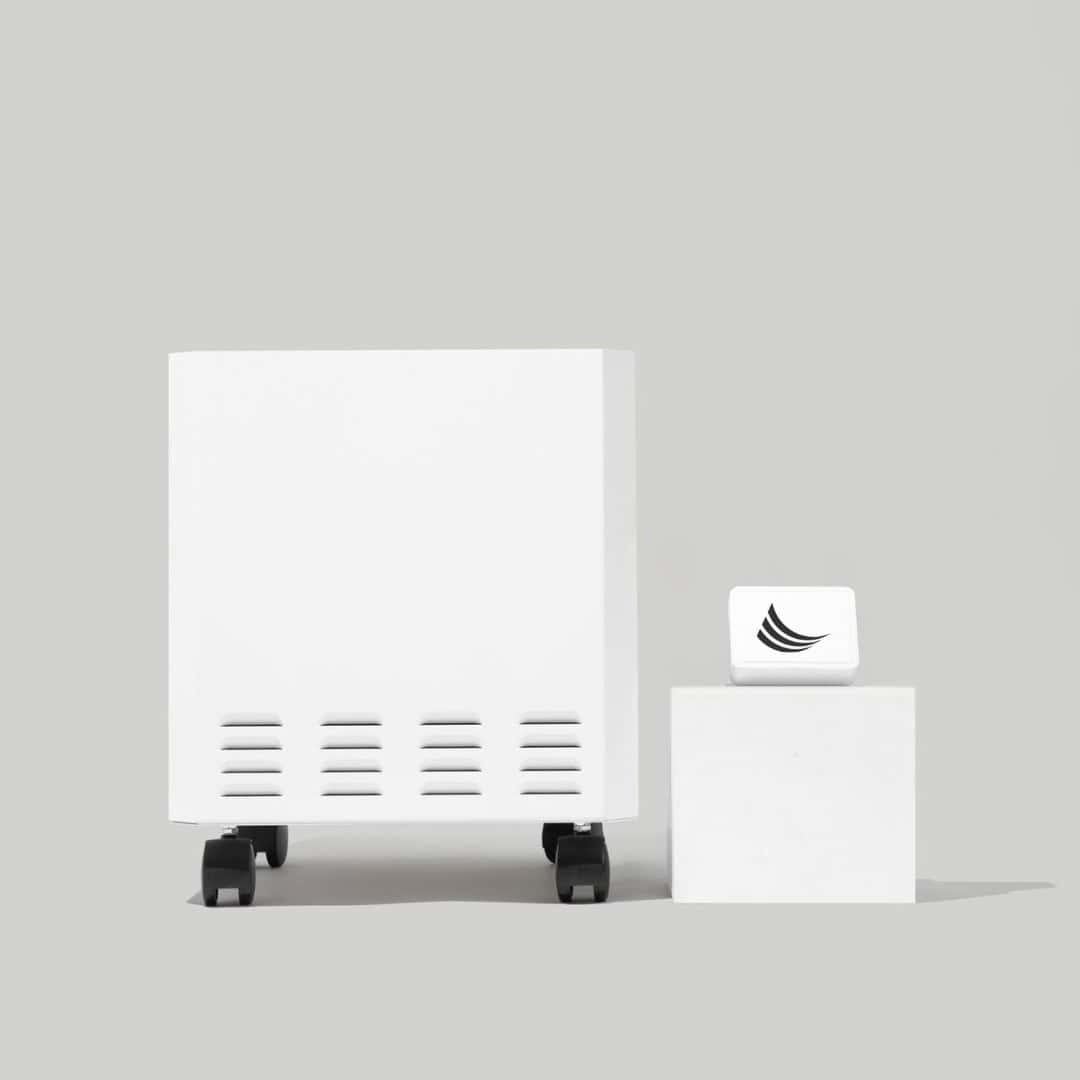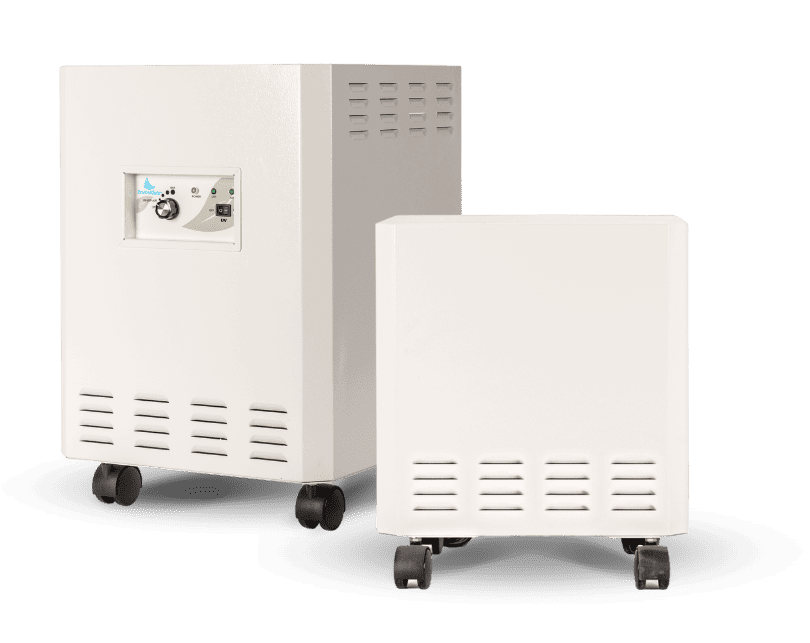A basement odor eliminator is a good option when your basement starts to give off that dank, stale, or musty smell. The thing about basement odor is that it’s almost always a sign or symptom of something a bit more sinister.
It’s important to start by investigating where that smell comes from, fixing it, and then using your basement odor eliminator. Let’s look at why your basement might be giving off unpleasant smells and what you can do to eliminate the odor problem.
Why Does My Basement Have a Musty Odor?
There could be any number of reasons why you are picking up that musty basement odor. Before you figure out how to get rid of the musty smell, it’s best to find out where it’s coming from and why it exists in the first place.
Mold and Mildew
You will often find that the musty smell in your basement is due to mold and mildew. Mold spores and mildew thrive in dark and damp spaces, which makes for the best breeding grounds. Once mold and mildew take root in your basement, they can quickly spread through the entire floor, walls, and ceiling.
Besides the musty smell, mold is particularly problematic as it can lead to health concerns such as allergic symptoms and respiratory issues. The EPA recommends wearing protective clothing such as gloves, eye protection, an N-95 respirator, and even goggles.
Dampness
Since many fixtures, such as water pipes, run through your basement, it is a prime location for moisture and dampness. This dampness often contributes to the development of mold and mildew but can also lead to a musty basement odor in and of itself. Most of this dampness comes from leaking pipes, water sipping through wall cracks, or the foundation.
Sewage Leaks
As filthy as it sounds, the musty basement smell could be sewage leaking from your drainage pipes. Over time, these pipes lose their structural integrity and can spring leaks. Once this happens, you will not only have a damp basement with a foul odor, but you could also end up with urine, sewer gas, and eventually mold growth.
There are also other possible sources of unpleasant odors coming from your basement.
- Pets: Pets tend to give off a bad odor, especially when they play around in musty areas such as your basement or decide to use the area as their secret bathroom. Pet odor can get very musty over time.
- Mice and vermin: When rodents invade your home, they can leave urine and droppings, which develop a bad smell over time. The smell can get particularly nasty if any of these rodents die in your basement.
- Drains: Most drains have a p-trap, designed to hold some water and keep any sewer gases from rising into your home. If this water leaks or is dried out, the sewer gases emanating from the drains may contaminate the basement air, giving it a bad smell.
How to Get Rid of a Bad Basement Odor

There are many different solutions when it comes to odor control. Once you have determined what’s producing the bad smell, you will be better positioned to choose the best odor remover for the specific situation. That being said, here are some of the best basement odor eliminator options available:
Get Rid of Mold and Mildew
You can easily eliminate mold and mildew using household products such as undistilled white vinegar and bleach. Using PPE when dealing with toxic organisms such as mold is important.
Use a stiff cleaning brush soaked in bleach to clean the surfaces in your basement. Once you have cleaned all the surfaces, open up all the windows so fresh air can get into the basement. This not only gets rid of the musty mildew odor but also any lingering odor that might come from the household products used.
- Pro Tip: Don’t mix bleach with vinegar or hydrogen peroxide. These mixtures create toxic chemicals that could negatively affect your health.
Waterproof Your Basement
The fact that you are finding mold or mildew in your basement means that you have as much of a waterproofing problem as you do leakages or excess moisture. The trick is to find the source of the leak, fix it, and then waterproof your basement.
Some of these issues can easily be fixed through DIY tactics, but others may require contacting a professional waterproofing company. In fact, this is the most advisable course of action to take.
These experts can run a full diagnosis on the state of your basement and recommend long-lasting solutions that will not only keep the mold and mildew away but also ensure the structural integrity of your home is not compromised by any basement water damage.
Use Baking Soda
Using baking soda is a nice trick to keep your basement from developing that musty mildew smell or even getting rid of that old house smell. All you have to do is place a bowl or two of baking soda on the corners of your basement. The baking soda will absorb any airborne odors and keep your basement smelling fresh for up to three months.
How to Keep Foul Basement Odor From Returning
Once you have cleaned out your basement and waterproofed it, there are some steps you need to take to keep the bad odor from returning. These include:
- Keep the basement clean by regularly sweeping and washing it.
- Since a damp basement is the breeding ground for mold and mildew, use a dehumidifier to regulate the humidity in your basement.
- Store your items in plastic bins that have lids. This is mostly because mold spores like feeding on cardboard boxes.
- Try not to put a carpet in your basement since those fibers absorb moisture and harbor bad smells.
You can use things like air fresheners and air purifiers to keep your house smelling fresh and clean. Your basement isn’t the only place that can harbor bad odor. While many different basement odor eliminators are available, having your entire home properly ventilated and protected by a robust air purification system will help it remain clean and keep your family from developing respiratory issues from mold spores.
EnviroKlenz® Medical Disclaimer:
“Any information that is provided on this website is not for the use by any commercial or personal entity without expressed written consent of the blog author. The material and statements illustrated within this blog are not intended to diagnose, treat, cure, or prevent any diseases or medical conditions. Nor does the author in any way guarantee or validate the validity, totality, or efficacy of any claims and will therefore not be held responsible for the content of any claims. Always consult your medical physician for any specific medical advice or recommendations.”









